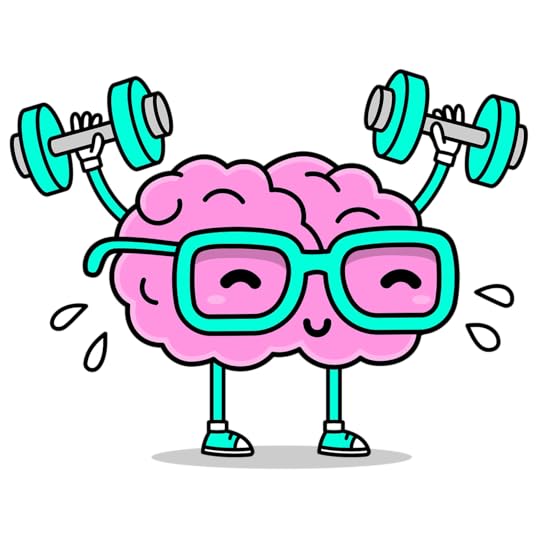Systems
Last week, I started a lesson on systems. Systems are unfortunately how the world organizes its actions. There are two dynamics here - you either change the system, or the system changes you.
Unfortunately systems are a way we group our lives for better or worse.

It starts off as babies… our ingrained learning and survival system groups everything into two boxes as new or old.
Since we’re talking about babies - everything is new.
The new thing is always dangerous. The old thing is always familiar. Note: I said familiar - not always comfortable. (Toxic behavior and abusive relationships can be incredibly comfortable if that’s your normal. That doesn’t make them right or healthy - it’s just a normalized standard of behavior.)
So babies have their two boxes:
Familiar
Dangerous
And with some training and education we learn that certain things that were labeled dangerous, weren’t really that scary and we can use them as we grow up… like stoves. Babies shouldn’t be allowed to touch hot stoves. When they get a little older you can teach them how to cook safely and it becomes fun.
But when dangerous gets labeled as normal in our developing systems… it becomes familiar… even though we know its dangerous and we don’t like what’s happening to us. This is what happens in toxic systems and abusive relationships. The dysfunctional toxic abusive normal system is so normal that our brain and body don’t want to leave it because freedom is scary. And our ‘good’ behavior in the toxic system that saves us - does not serve us when we need to move into other systems to accomplish our daily lives.
The boxes of Familiar and Dangerous don’t go away as we grow up. The systems don’t go away as we grow up - we just get to interact with more of them.
The only way established systems change is if enough people who have decided on a common goal get into the systems and work together for the change they want to see.
This means that this band of common goal co-horts has to put aside all their other issues and work together. To build that level of cooperativeness requires trust. And trust doesn’t come easy.
When we have a group of people that we have to depend on in order to change a system - that is a terrifying prospect. But heroes don’t change systems alone.
Superheroes are often seen working outside the system, with one or two people they’ve learned they can trust or that they have a relationship with. But that’s superheroes.
The real way to change a system is to get inside it and for that - you need to know who you are as a person. Effectively, you have to be so heroic that you can show up, do your job differently and be able to recognize who you can trust with what information. Its also important to know when to leave.
Essentially - you have to know you better than you know the system.
Thanks for reading Chronic Writer by VintageInkSlinger! Subscribe for free to receive new posts and support my work.



